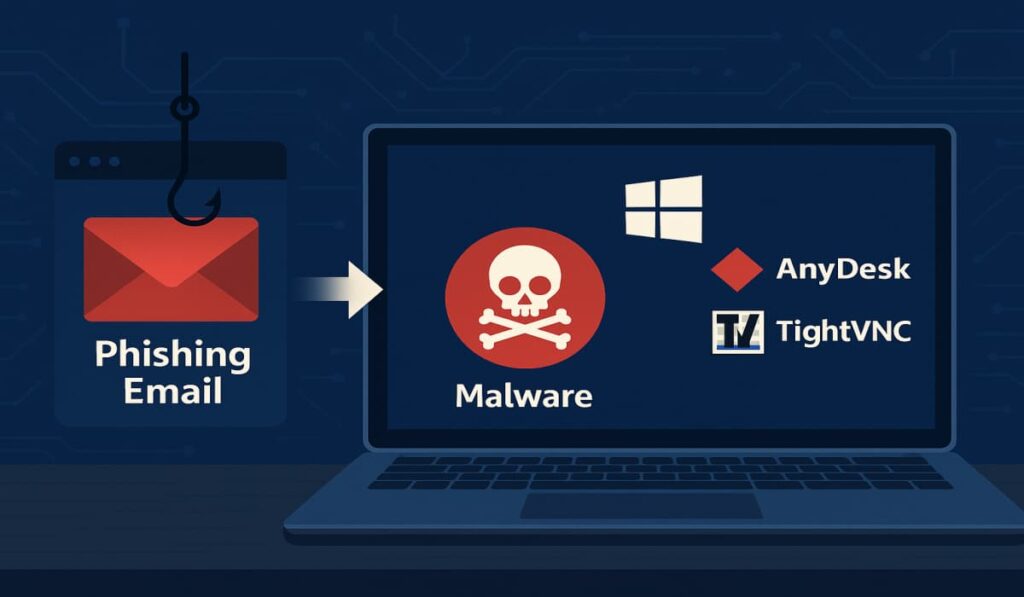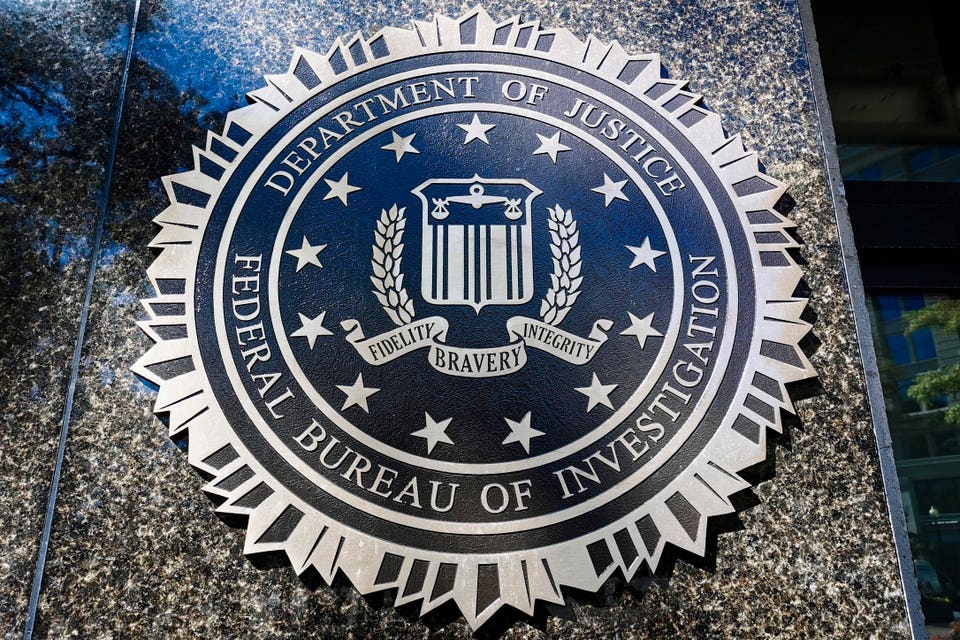
Cybersecurity researchers have identified a new malware threat named MostereRAT, which targets Windows devices through sophisticated phishing campaigns. According to FortiGuard Labs, this malware poses a “high severity” risk and allows hackers to gain full remote control of infected systems.
The attack primarily focuses on users in Japan, utilizing convincing phishing emails that resemble legitimate business inquiries. When victims click on malicious links, they unwittingly download a compromised file that instructs them to open an embedded archive. This process ultimately installs the MostereRAT malware on their devices.
Advanced Tactics and Evasion Techniques
MostereRAT employs a range of advanced strategies to evade detection and disable security measures. A notable tactic is its use of Easy Programming Language (EPL), a coding language less familiar to many cybersecurity analysts. By using EPL, hackers reduce the likelihood of their malicious activities being easily analyzed.
In addition to this, MostereRAT actively works to neutralize security tools and antivirus software. It accomplishes this by blocking network traffic and shutting down essential Windows security features. Furthermore, it secures its communication with the Command and Control (C2) server through a sophisticated method known as mutual TLS (mTLS). This makes it significantly more challenging for cybersecurity professionals to detect and intercept its network traffic.
Once operational, MostereRAT deploys legitimate remote access tools such as AnyDesk and TightVNC. While these applications are typically used for remote work, in this case, they facilitate unauthorized access to the victim’s computer. This allows cybercriminals to control the system, gather sensitive data, and install additional malicious payloads. Moreover, the malware creates a hidden user account with administrative privileges, enabling persistent access even if the victim believes they have eradicated the threat.
Recommendations and Protective Measures
FortiGuard Labs highlights that MostereRAT has evolved from a banking trojan first identified in 2020 into a more dangerous variant. To combat this threat, Fortinet has developed protective measures designed to detect and block MostereRAT. They emphasize the importance of educating employees about social engineering tactics to prevent initial phishing attacks.
According to Lauren Rucker, Senior Cyber Threat Intelligence Analyst at Deepwatch, organizations should prioritize browser security as a vital defense mechanism. She advises enforcing policies that restrict automatic downloads and require user confirmation before downloading files from untrusted sources. Additionally, Rucker recommends configuring user accounts to operate with the minimum necessary privileges to thwart potential privilege escalation.
As cyber threats continue to evolve, heightened vigilance and proactive measures are essential for safeguarding systems against malware like MostereRAT. By implementing robust security practices and educating users, organizations can significantly mitigate the risks associated with such attacks.







